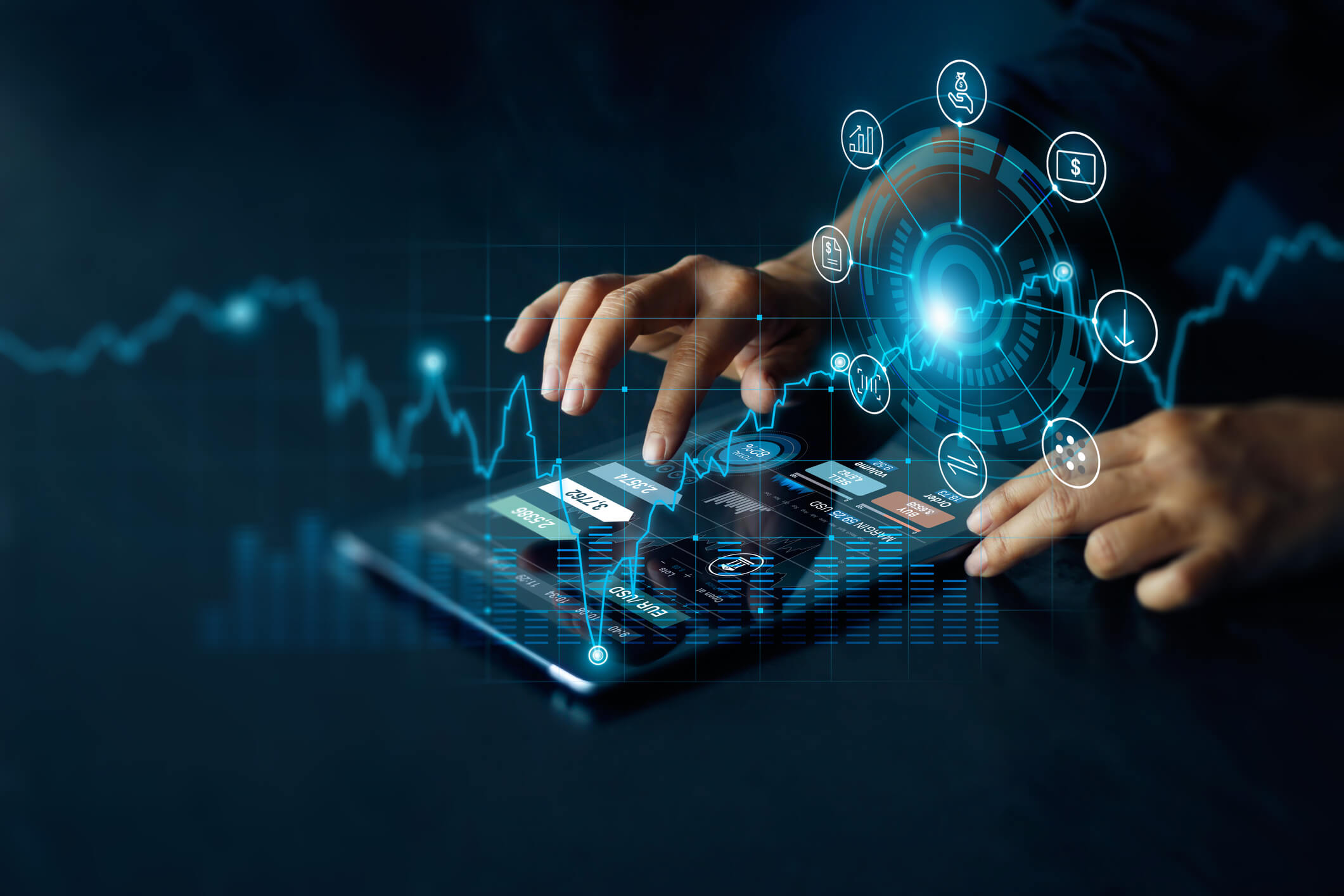Technological innovations, especially automation, have brought remarkable changes to various industries. Let’s discuss these industries in detail.
Healthcare Industries
As discussed, with technological innovations, healthcare has never been better, especially with the pandemic on the loose. Considering the entire landscape, Artificial Intelligence is now an essential element in the healthcare sector. From diagnosing diseases initially to helping physicians throughout various procedures, it is like the healthcare sector has embraced it perfectly. Another prospect is the increase in deep learning convolutional neural networks, which far surpassed the average minds of dermatologists. Visual examination regarding cancerous skin lesions has improved dermatologists’ practices extensively. Not to mention, robots can extensively help physicians make more precise cuts than humans, i.e., reductions in human errors.

Education Sector
Automation and digital transformation have been critical catalysts for deriving its excellence. For instance, they are looking at the present scenario where everything is closed due to the ongoing virus. However, with digital transformation, institutions have utilized their services extensively to conduct online classes. In broader prospects, technology is expanding its usage in education by enabling mastery-based instructions and diverting the teachers’ focus on facilitation, mentorship, and coaching. Another example is the students at Breakthrough School Models for College Readiness program to tackle the Next Generation of Learning challenges. The students received personalized blended learning prospects in mathematics, which improved 3% more than the other comparison groups.
Environmental Benefits
With the pace of automation expanding, it will become just as important as other aspects of our daily lives. To support that theory, let us shed some light on the advent of intelligent buildings that use sensors and data analytics to enhance energy management. Looking at the example of Google’s data centers, DeepMind technologies assisted in cutting down the cooling bill by up to 40%. While air pollution in Beijing fell by 20% after they introduced Air Quality sensors, which helped regulate traffic and monitor construction as per the pollution level allowed by the government.

Retail Sectors
One of the industries most influenced by automation is undoubtedly the retail industry. Ever since social media and mobile computing came into existence, retail industries have seen a dramatic boost in their sales. Even in today’s state of rest due to COVID-19, mobile shopping and online retail systems have made things easier for them, which is not the same for other industries.
In retrospect, consumers now benefit from online platforms that provide price transparency, more straightforward methods to access, and on-point delivery. For instance, looking at sites like Money Supermarket and Skyscanner allows shoppers to compare their prices with the rest. While in countries like Rwanda and Ghana, drones are used to deliver medicines and vaccines on a large scale. More importantly, with such practices, they can provide medical supplies in a matter of minutes, which could take hours by conventional means.
Gig Economic Benefits
Freelance and independent work has increased exponentially in the last few years due to the presence of online platforms. However, it is not just freelancing, home-sharing, ride-hailing, eCommerce, and many other platforms that have now jumped onto the bandwagon of online excellence. However, with automation, the statistics for independent work improve extensively. Between one-third and one-quarter of people who are advancing in their current economic stature belong to individual work procedures. In other words, 70% of the people have entirely left the traditional work style and opted for freelance efforts to make a living.

Housing Industries
With the concept of 3D printing coming into the ranks of real estate industries, construction companies have found it cost-effective and more flexible to implement. Not to mention that it has also reduced the costs of homes, hence making them more affordable for the normal public. Let us take an example of the construction technology company ICON, which built a 360-square-foot house in around 48 hours. The total project cost consisted of $10,000 worth of 3D printing, which is $15,000 less than the cost that could have been incurred based on traditional construction practices.
Workplace Safety
It has been over 50 years since the importance of workplace safety has been scrutinized, especially for oil and gas companies. With the advent of technological brilliance, these companies can deliver safety prospects quite efficiently. For instance, robots are used underwater in oil fields to fix gas pipelines, while drones are used to conduct inspections.
Another use of automation was when Tyson Foods inaugurated the implementation of virtual reality training. It significantly reduced onsite injuries and illness by 20%. Moreover, they also introduced recycling plants that were programmed to automate garbage sorting with machines. The process is twice as fast and effective as people’s, with no errors whatsoever. About Complete Controller® – America’s Bookkeeping Experts Complete Controller is the Nation’s Leader in virtual bookkeeping, providing service to businesses and households alike. Utilizing Complete Controller’s technology, clients gain access to a cloud platform where their QuickBooks™️ file, critical financial documents, and back-office tools are hosted in an efficient SSO environment. Complete Controller’s team of certified US-based accounting professionals provide bookkeeping, record storage, performance reporting, and controller services including training, cash-flow management, budgeting and forecasting, process and controls advisement, and bill-pay. With flat-rate service plans, Complete Controller is the most cost-effective expert accounting solution for business, family-office, trusts, and households of any size or complexity.
About Complete Controller® – America’s Bookkeeping Experts Complete Controller is the Nation’s Leader in virtual bookkeeping, providing service to businesses and households alike. Utilizing Complete Controller’s technology, clients gain access to a cloud platform where their QuickBooks™️ file, critical financial documents, and back-office tools are hosted in an efficient SSO environment. Complete Controller’s team of certified US-based accounting professionals provide bookkeeping, record storage, performance reporting, and controller services including training, cash-flow management, budgeting and forecasting, process and controls advisement, and bill-pay. With flat-rate service plans, Complete Controller is the most cost-effective expert accounting solution for business, family-office, trusts, and households of any size or complexity.




